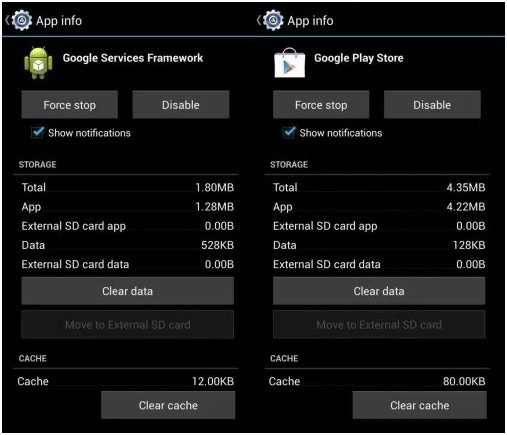

COGSA sets up a "complex system of shifting burdens and accompanying presumptions of liability." Id.Thus, the parties agree that COGSA governs the resolution of this dispute. In this case, the charter agreements, shipping contracts, and bills of lading contain clauses making the shipments subject to the terms of COGSA. A shipper and carrier may agree, however, to a "Clause Paramount" by which the terms of COGSA are incorporated into a charter party. The provisions of COGSA are not generally applicable to charter parties. COGSA applies to "all contracts for carriage of goods by sea to or from ports of the United States in foreign trade." 46 U.S.C.App. Schoenbaum, Admiralty and Maritime Law § 10-15 (3d ed. When COGSA was enacted in 1936, one of its express purposes was to "redress the edge in bargaining power enjoyed by carriers over shipper and cargo interests by setting out certain duties and responsibilities of carriers that cannot be avoided even by express contractual provision." 2 Thomas J.We note that, to the extent that Waterman and similar Fifth Circuit cases constitute a direct holding on the issue of a defendant-carrier's rebuttal burden under COGSA, those cases are controlling under the "well-established prior panel precedent rule of this Circuit," which provides that "the holding of the first panel to address an issue is the law of this Circuit, thereby binding all subsequent panels unless and until the first panel's holding is overruled by the Court sitting en banc or by the Supreme Court." Smith v.As to this exception, the defendants clearly bore, not only the burden of production, but the burden of persuasion. To the contrary, such "lack of practical control is ordinarily associated with a breakdown of law and order so that the carrier is powerless to prevent the unlawful or negligent conduct of the stevedores." Id. But this interpretation of § 1304(2)(q) is not broad enough to shield the carrier from liability for any and all stevedore negligence. This Court has recognized, however, that § 1304(2)(q) may shield a carrier from liability when the carrier has absolutely no control with respect to the selection of port stevedores or the rate they will be paid and, further, no control with respect to how or when the cargo is discharged. COGSA extends through discharge, and a COGSA carrier is subject to statutory obligations to "properly and carefully load, handle, stow, carry, keep, care for, and discharge the goods carried." 46 U.S.C.App. This is an incorrect statement of the law. The district court stated that a COGSA carrier is not responsible for careless discharge. Specifically, the defendants suggested that a portion of the loss and damage to the five shipments was attributable to pilferage, either from the vessel or from the docks and environs during discharge. The defendants also raised the applicability of the catch-all exception to liability codified in § 1304(q).
#Myatt app error 492 plus
For the reasons stated above, the judgment of the district court is VACATED and judgment is RENDERED in favor of the United States in the amount of $203,319.87 plus pre-judgment interest.Finding no other reason to deny prejudgment interest, we therefore render judgment for the United States in this case in the amount of $203,319.87, plus pre-judgment interest calculated in accordance with 31 U.S.C. The United States filed the five actions consolidated here in December 1998, less than three years after the last date of discharge and well within the six year statute of limitations set by Congress for claims filed by the CCC. The defendants respond that the United States exercised undue delay in bringing these actions and, therefore, that it should be denied prejudgment interest. In this Circuit, there is a strong presumption in favor of awarding pre-judgment interest. The United States preserved error on this issue in the district court. The United States requests that this Court award prejudgment interest running from the date of last discharge through the time of judgment, calculated in accordance with 31 U.S.C.


 0 kommentar(er)
0 kommentar(er)
